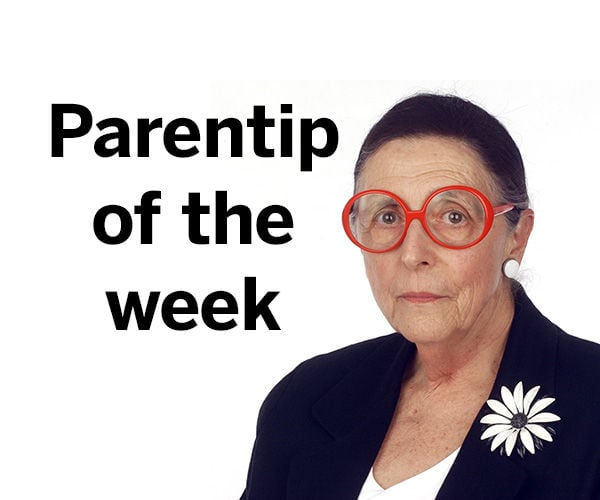“What is the best way to deal with a teenager (son 14) who flees to his room and slams the door whenever he doesn’t like what is being said to him?”
How do teens show their displeasure with their parents? Some of their techniques are noisy and obvious. Flight and door-slamming is a biggie. Sassing, sarcasm, and “I hate you!” are all common.
There are also some quieter behaviors. Remember how your young baby turned away when he had enough feeding or play? Teens also signal they have had enough of your talk and rules so watch for body language clues…all those shrugs, downward glances and exaggerated sighs. A recent New York Times piece by Lisa Damour explained “Why Teenage Girls Roll their Eyes.” Teens hate being told what to do and react to a parent’s rule they consider arbitrary by engaging in “ophthalmic calisthenics.” She does the dishes but the eye rolling signals she is “an independent state electing to yield, for now, to the regional power.”
Communication with a teen is tricky. The art of talking with a teen starts with listening. Don’t half listen when your mind is elsewhere or you’re focused on your computer screen. Give your teen polite, undivided attention just the way you would if your boss said, “I want a word with you.”
Acknowledge that you understand what your teen is going through. Validate his feelings. Share remembrances of how you felt as a teenager. Share your feelings and thoughts even if your teen doesn’t. Talk about matters you feel passionately about and ask how they feel: politics, people admired, view of the world, etc. Don’t tell your teen that his or her view is wrong—different is not necessarily wrong. Also don’t ever say that your teen will feel differently about an issue later; that won’t work for a teen struggling to develop opinions now.
Don’t try to “fix it” for your teen. Acknowledge the problem and ask your teen what he or she can think of to solve the problem. Every teenager is struggling with how to develop and deal with autonomy. Every time you jump in to solve the teen’s problem you set the kid back and also set the stage for parent-teen fights.
Use “I” messages and avoid the “You always—” and “You never—” messages. Less is more. If you have something to say, say it in as few words as possible and only say it once! Don’t nag or repeatedly tell the teen what to do and how to do it.
Foster communication the grown-up way by setting up a meeting. Ask your sassing or door-slamming kid out to lunch or breakfast which moves the venue out of the home battlefield to a neutral place. Tell him you understand he gets frustrated with your rules or chores but that you are troubled by his behavior. You want to trust him or know he will do the chores without your nagging. You want to give him more grown-up privileges but you can’t while he acts so disrespectful and childish. Ask him how he thinks he can solve this problem. Then wait for an answer. Parents tell me they are often surprised at what good ideas a teen has especially when he realizes his behaviors will interfere with privileges.
However, you still need to be an in-charge parent who feels in-charge and acts in- charge. I know it’s hard to believe but the very time teens are their most obnoxious and obstreperous is when they most need you to stand your ground.
Be practical though. Avoid power struggles. Pick your battles (Let his room be a mess but if he doesn’t obey curfew be sure there is a consequence.) To lessen tension use humor: “Of course I can’t make you. You’re bigger than me now, but I may take karate lessons, then you’ll be sorry!”
Most books advising parents how to deal with teenagers start with all the changes taking place in the teen’s body and brain. Let me point out that parents must change too. We must learn how to accept our teen and his or her growing autonomy. You can fight this and try to maintain your status as family “dictator” or you can recognize the changing dynamics of your family and modify the way you behave with your child. The goal is not only to get through the teen turmoil but to help your child become an adult you can be proud of. This happens when you manage to give your teen increasing autonomy in small, safe doses. And you keep the lines of communication open.





